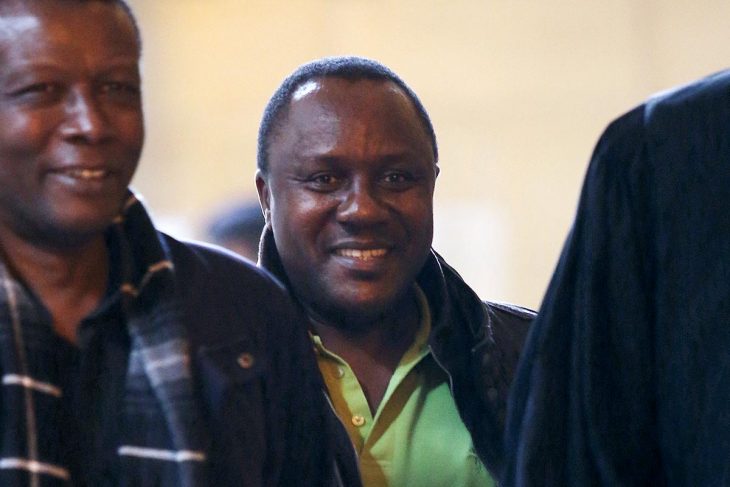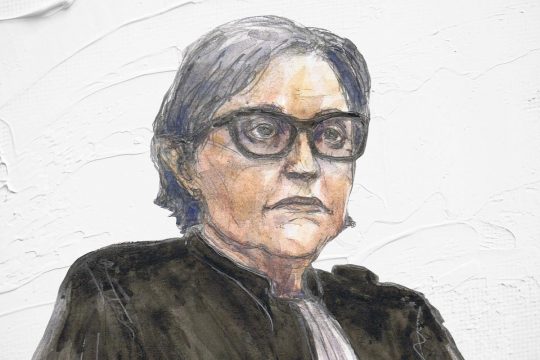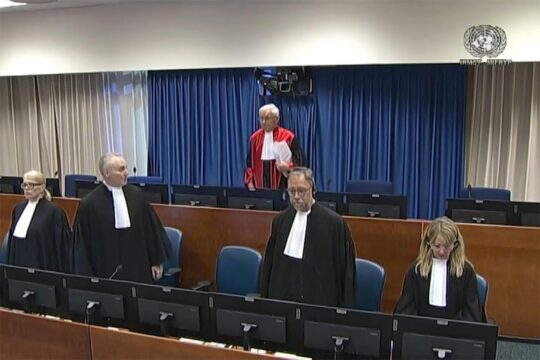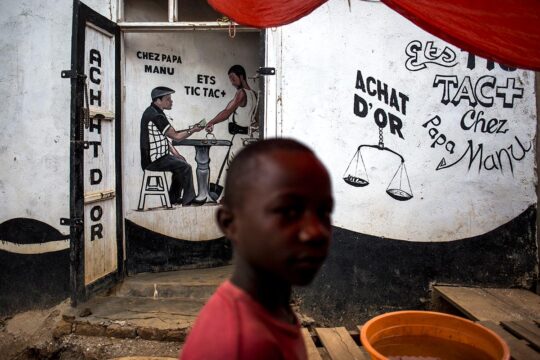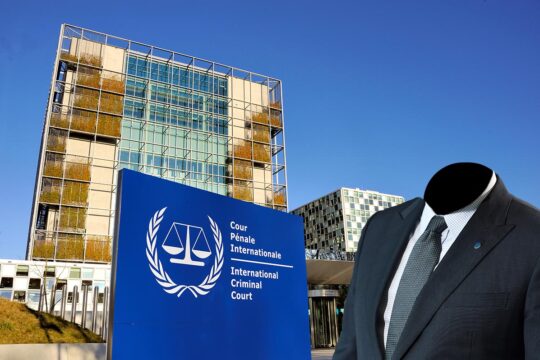Muhayimana was not a top political official, army officer, businessman or member of the clergy. However, on November 22, his name goes down in history as the fourth Rwandan to be tried in France for his alleged role in the genocide perpetrated against the Tutsis of Rwanda between April and July 1994.
Claude Muhayimana, a former hotel driver who became French by naturalization in 2000, is on trial before the Paris Court of Assizes for "complicity in genocide and complicity in crimes against humanity”. His trial is expected to last one month. It follows those of Captain Pascal Simbikangwa, sentenced in 2016 to 25 years in prison, and former mayors Octavien Ngenzi and Tito Barahira, sentenced in 2018 to life imprisonment after a joint trial.
In 1994, Muhayimana was a driver at the Kibuye Guest House, a small hotel then owned by the state on the shores of Lake Kivu in western Rwanda, at the foot of an impressive mountain range that includes the Bisesero Hills.
Driving the militia
The inhabitants of the Bisesero Hills, known as "Abasesero" in the Rwandan language, are cattle breeders and have a reputation for mastering the use of traditional weapons to defend their herds of cows against possible raids. These techniques enabled them to repel attackers during anti-Tutsi pogroms in 1950, 1962 and 1973, without suffering too many casualties. As soon as the massacres began in the Kibuye region in April 1994, thousands of Tutsis took refuge in these hills, hoping to count on the valour of the herders to defend them.
But in 1994 the extermination plan was on a different scale. This time, civilian attackers were reinforced by police, gendarmes, soldiers and armed militias. Muhayimana is accused of having transported these militiamen to Bisesero and other localities in Kibuye prefecture to carry out massacres.
Bosco Ntabanganyimana was about 20 years old at the time of the genocide. He is a survivor of Mubuga, another place where Muhayimana is alleged to have committed crimes. Ntabanganyimana, whom we met on November 19 in Mubuga sector office, about 15 kilometres from Bisesero, claims to have seen the accused several times between May and June 1994. "Here, the image of Claude Muhayimana disembarking and re-embarking hordes of Interahamwe militiamen in a looted blue Daihatsu van is still alive. More than once, he stopped here after dropping off militiamen in Bisesero," he told Justice Info.
Inequality of arms
Muhayimana, however, maintains his innocence. "My client is innocent of the serious charges brought against him and, what is more, at the end of the investigation he has already been exonerated of a large number of the facts he was accused of," says Philippe Meilhac, one of Muhayimana's lawyers. Meilhac complains about the difficulties of investigating in Rwanda. "It is still not possible in general for French lawyers, and more particularly for me as I am also the lawyer of the widow of President Habyarimana [Rwandan head of state whose assassination sparked the genocide], to go to Rwanda in the context of proceedings initiated by the French justice system. So you can imagine that conducting a defence investigation is not possible. French criminal procedure allows us to ask the investigating judges to carry out tasks, which they do with the more or less good cooperation of the Rwandan authorities.” Muhayimana's other lawyer, Françoise Mathe, also denounces an inequality of arms, pointing to the weak means allocated to the defence compared with the resources available to the prosecution.
50,000 dead
Muhayimana is not the first person to be held accountable outside Rwanda for the Bisesero massacres. Several former officials were tried and convicted by the International Criminal Tribunal for Rwanda (ICTR), a UN court, for their role in the genocide at Bisesero.
"It is clear from the testimony given before the Chamber that the Tutsis who gathered in Bisesero region were the victims of massive and terrifying attacks launched by extremist Hutu soldiers, communal police officers, Interahamwe and armed civilians," concluded the judgment of two ICTR convicts, former prefect of Kibuye Clément Kayishema and businessman Obed Ruzindana. "These attacks continued throughout the months of April, May and June 1994. (...) The most deadly attacks in the Bisesero region took place on May 13 and 14, 1994, after an apparent two-week lull. Some witnesses stated that this two-week lull was due to the resistance put up by the Tutsis gathered in Bisesero against their attackers, and that the attackers took advantage of it to regroup," says that judgment handed down on May 21, 1999.
It is estimated that about 50,000 people were massacred in Bisesero, some of them after the arrival in the region of the French soldiers of Operation Turquoise. This operation was deployed by France under a UN Security Council mandate and was intended as a humanitarian intervention, but is accused of having abandoned for three days (June 27-30, 1994) hundreds of Tutsis who had taken refuge in the hills of Bisesero. According to some, about 2,000 of them were killed by the genocidaires during those 72 hours.
The painful shadow of Operation Turquoise
Survivor Bosco Ntabanganyimana told Justice Info that he does not trust the French justice system. "They let our killers do what they did and expressed no remorse," he says of the French military. Isaac Habarugira, president of survivors’ organization Ibuka in Karongi dirstrict, where the Bisesero hills lie, is even more accusing. “We know that France funded and supported the genocidal militia on all levels,” he says. “We know all the misdeeds of Operation Turquoise in Kibuye. The genocide was especially atrocious there because of Turquoise."
In May 2021, in an investigation into French responsibility for the Bisesero massacres, the Paris prosecutor's office requested that the case be dismissed. "No aid or assistance from the French military forces during the commission of exactions, no adherence of the latter to the criminal project pursued by the genocidal forces, nor any abstention from intervening in the face of crimes constituting genocide or crimes against humanity by virtue of a previous agreement" were established by the investigation, it said. At the end of the investigation, which was opened in December 2005 following a complaint by six Bisesero survivors, the prosecutor's office did not rule out the possibility that the failure of the French military to intervene during those three days might have constituted non-assistance to persons in danger, but this offence is now time-barred.
Since then, the memory of Bisesero has been a painful wound in the relationship between Rwanda and France, despite the political warming underway between the two countries.
For Habarugira, the holding of the trial "revives the hope that all fugitives will one day be caught by the hand of justice”. This hope is shared by French lawyer Rachel Lindon, who is representing Ibuka in this case. "The alleged genocidaires and their accomplices - because every person in the genocidal machine counted -- should know that they will be prosecuted, in France and elsewhere, and brought to justice for the crimes they have committed," she told Justice Info.


